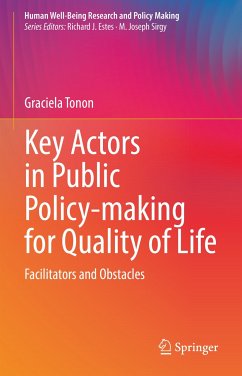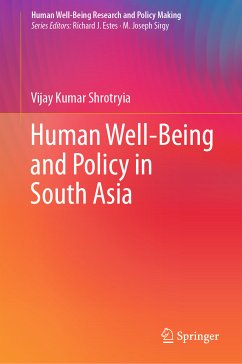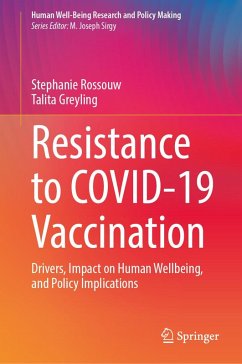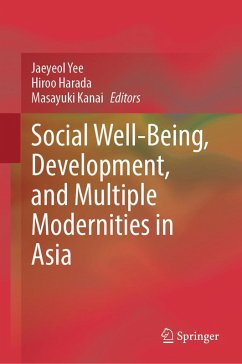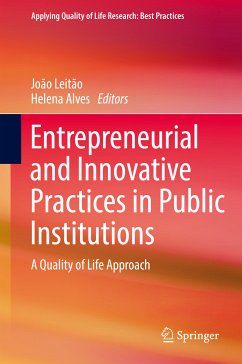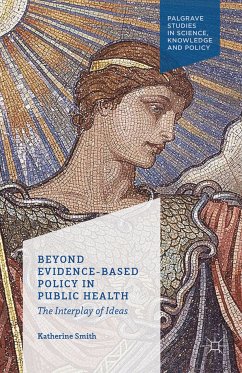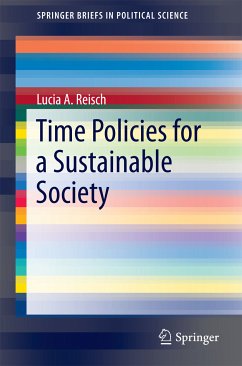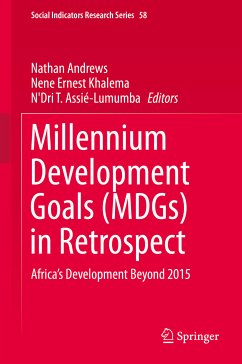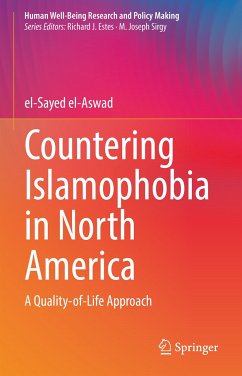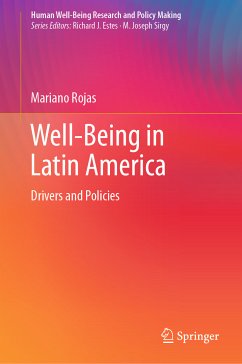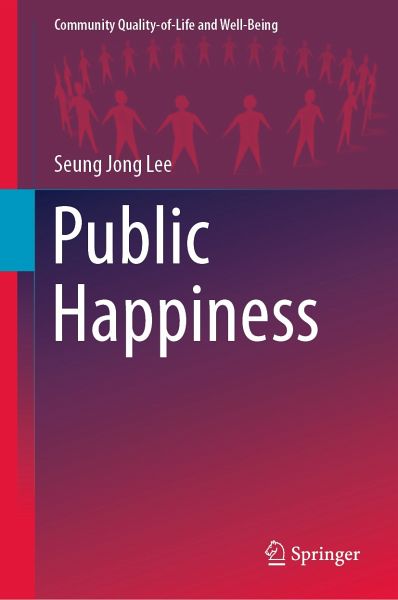
Seung Jong Lee
eBook, PDF
Public Happiness (eBook, PDF)

PAYBACK Punkte
56 °P sammeln!





Discusses public happiness over individual happiness
Discusses policy orientations and governance innovation in order to increase public happiness
Introduces the beyond-GDP movement
Dieser Download kann aus rechtlichen Gründen nur mit Rechnungsadresse in A, B, BG, CY, CZ, D, DK, EW, E, FIN, F, GR, HR, H, IRL, I, LT, L, LR, M, NL, PL, P, R, S, SLO, SK ausgeliefert werden.
Seung Jong Lee is Professor Emeritus of the Graduate School of Public Administration at Seoul National University. He received his B.A. and M.P.A. from Seoul National University and Ph.D. from Northwestern University. His research interests include local governance, citizen participation and community well-being. He is Author of several books such as Theories of Local Autonomy: Politics and Policy (2003), Theories of Civic Participation (co-author, 2011), National Happiness and Government 3.0 (co-author, 2013), Theories of Local Autonomy Institutions (co-author, 2015), Quality of Life of 21st Century Local Residents (co-author, 1998) and Unfolding Korean Civil Society and Community Citizenship (co-author, 1997). He is also Co-editor of Community Well-Being and Community Development (with Rhonda Phillips, Springer, 2014), Issues of Local Autonomy (2014), and Government and Participation in Japanese and Korean Civil Society (with Yoshiaki Kobayashi, 2010). He has also published many articles in the field of local governance, civic participation and community well-being.
He served as President of the Korea Association for Public Administration and as Editor-in-Chiefs of several academic journals, including Korean Public Administration Review, Korean Policy Studies, Journal of Local Autonomy Studies and Journal of Local Administration. He leads the Community Well-being Institute-a research group founded under the Social Science Korea (SSK) initiative funded by the National Research Foundation of Korea. Recently, he is endowed a leading scholars grant from the National Research Foundation of Korea for the research "Governance Innovation in the 'Beyond GDP' Era".
He has actively participated in various governmental advisory positions, such as President of the Korea Research Institute for Local Administration (KRILA), Member of the Presidential Transition Committee for the Park regime, Chairperson of the National Evaluation Committee for Local Performance, Chairperson of the Evaluation Committee of the Regional Board of Education and Vice Chair of the Presidential Committee on Local Autonomy Development.
He served as President of the Korea Association for Public Administration and as Editor-in-Chiefs of several academic journals, including Korean Public Administration Review, Korean Policy Studies, Journal of Local Autonomy Studies and Journal of Local Administration. He leads the Community Well-being Institute-a research group founded under the Social Science Korea (SSK) initiative funded by the National Research Foundation of Korea. Recently, he is endowed a leading scholars grant from the National Research Foundation of Korea for the research "Governance Innovation in the 'Beyond GDP' Era".
He has actively participated in various governmental advisory positions, such as President of the Korea Research Institute for Local Administration (KRILA), Member of the Presidential Transition Committee for the Park regime, Chairperson of the National Evaluation Committee for Local Performance, Chairperson of the Evaluation Committee of the Regional Board of Education and Vice Chair of the Presidential Committee on Local Autonomy Development.
Produktdetails
- Verlag: Springer International Publishing
- Seitenzahl: 225
- Erscheinungstermin: 18. November 2021
- Englisch
- ISBN-13: 9783030896430
- Artikelnr.: 62945873
Für dieses Produkt wurde noch keine Bewertung abgegeben. Wir würden uns sehr freuen, wenn du die erste Bewertung schreibst!
Eine Bewertung schreiben
Eine Bewertung schreiben
Andere Kunden interessierten sich für


